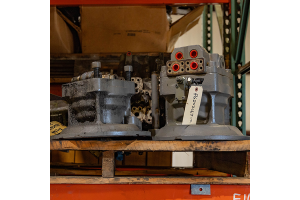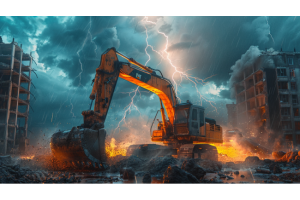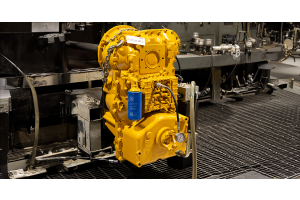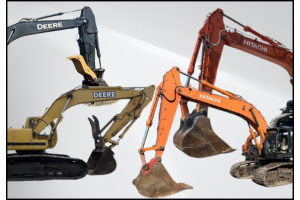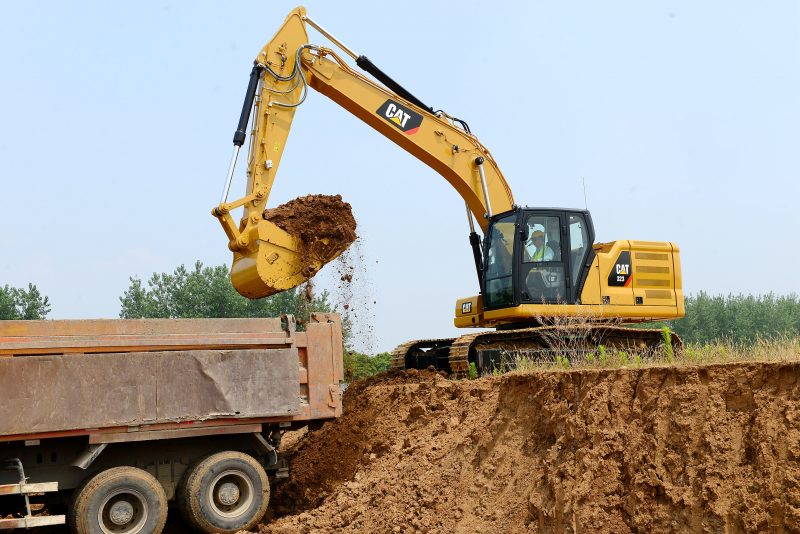
Operators of excavator, bulldozers, backhoes, wheel loaders, and other large machines are very skilled but even after years of operating experience, some basic mistakes are often made. Here is a look at the most common ones made while operating one of these large earth moving machines.
Perhaps the top blunder is not checking the stability of the ground the machine will be operating on before starting the machine up. Soft ground can cause the machine to tip or even roll over. It is the same situation if an operator doesn't inspect the slope of the ground. Flipping a machine is obviously a very serious and potentially deadly event.
Failing to check the surrounding area before operation can lead to an accident with excavators, backhoes, tele handlers, wheel loaders, and cranes. Operators need to be vigilant to make sure there are no structures such as power lines or other hidden objects like trees or fences their machine's booms and buckets can accidentally hit.
It may seem obvious but operators need to be sure no people are in close proximity when operating the machine. Work sites should be properly cordoned off to the public with the use of warning signs. If there is any concern people could wander into the a work area, a co-worker should be on the ground acting as a spotter for pedestrians.
Equipment maintenance is key to preventing hazards. Working with a boom that is expected to eventually fail or a machine with failing gauges is not a good practice. Even if this means slowed work progress, or the inability to complete a job, a machine that isn't safe shouldn't ever be in operation. Everything should be in working order to include brakes, warning lights, and anything else that makes the machine safe to operate.
A simple but often overlooked safety tip is wearing a seatbelt. It may not seem that important when a machine is moving only five miles per hour or not moving at all, but safety belts mean everything in the event of a roll over.




